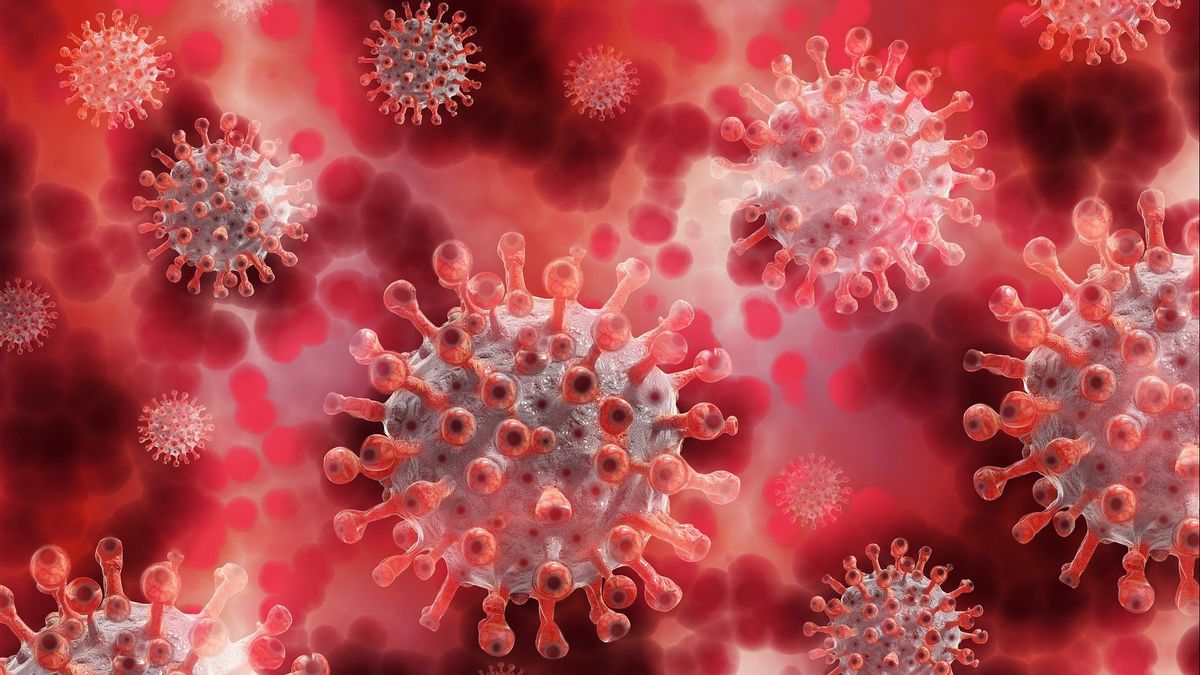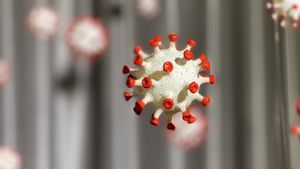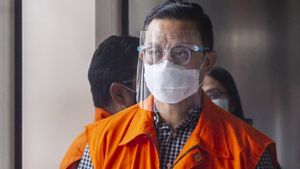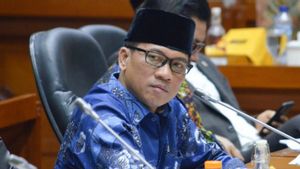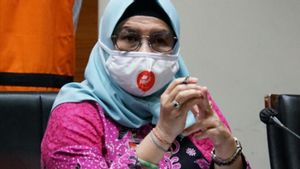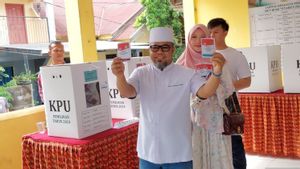JAKARTA - Spokesperson for the COVID-19 Task Force, Wiku Adisasmito, asked all parties to anticipate the development of local variants of the coronavirus from Indonesia while still complying with health protocols.
Because, at this time, Indonesia has reported the emergence of a local variant named B1466.2 to the World Health Organization (WHO).
Wiku explained that in principle, viruses are not living things. Thus, viruses can only reproduce in living hosts such as humans.
"It is in this self-reproduction process that the virus can mutate to produce new variants. Therefore, the best effort that can be done is to avoid the entry of the virus into the body with the discipline of health protocols", said Wiku in a virtual press conference, Thursday, July 29.
Wiku said the government had implemented various pandemic control policies, such as the implementation of Community Activity Restrictions (PPKM), to optimizing PPKM posts in each neighborhood unit.
"Then, there are also arrangements for travelers to prevent transmission in the community, as well as prevent the importation of cases that can worsen the condition of COVID-19 transmission nationally", said Wiku.
SEE ALSO:
In addition, another effort that needs to be done is to minimize the transmission that occurs by accelerating the implementation of national vaccinations. "Because the chance of forming a new variant in people who have been vaccinated is lower than in people who have not been vaccinated", he continued.
Previously, the Spokesperson for the Ministry of Health, Siti Nadia Tarmizi, explained that this variant is still included in the Alerts for Further Monitoring group and is being monitored by WHO. Therefore, this variant has not received official names such as Alpha, Beta, and Delta.
"This B1466.2 variant is included in Alerts for Further Monitoring, so it is only being monitored and has not been determined by WHO as a new variant", Nadia told VOI.
Nadia explained that the first sample of whole-genome sequencing (WGS) of variant B1466.2 was reported by Indonesia in November 2020. Then, WHO classified this variant in the Alerts for Further Monitoring group on April 28, 2021.
Cited from the WHO's official website, there are currently 13 types of variants included in Alerts for Furthers Monitoring, including this local variant from Indonesia. WHO explained that this variant is under surveillance and has the potential to pose a danger in the future.
Variants included in Alerts for Further Monitoring are not included in the Variant under Investigation (VoI) or Variant of Concern (VoC) groups. However, this variant has the potential to be dangerous in the future because it has genetic changes. However, there is no complete research evidence so that further monitoring is still carried out.
The English, Chinese, Japanese, Arabic, and French versions are automatically generated by the AI. So there may still be inaccuracies in translating, please always see Indonesian as our main language. (system supported by DigitalSiber.id)
